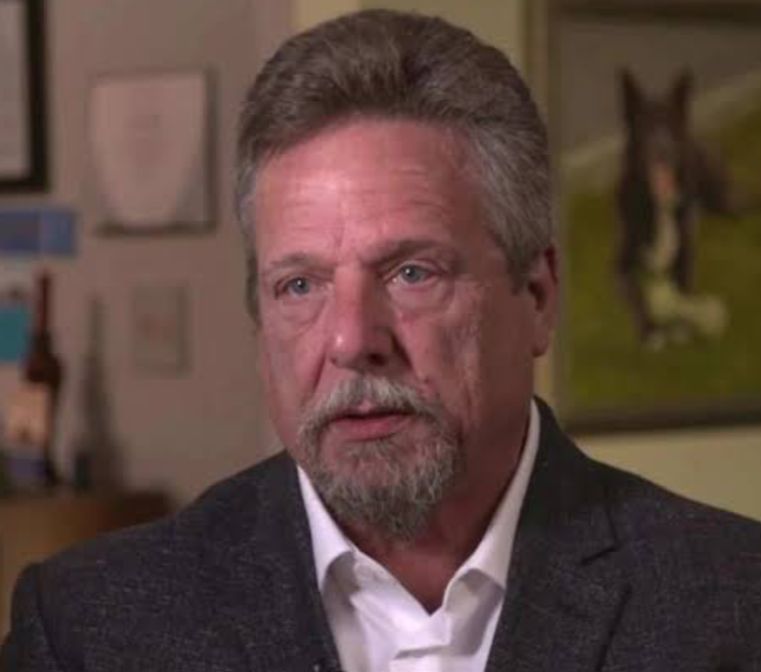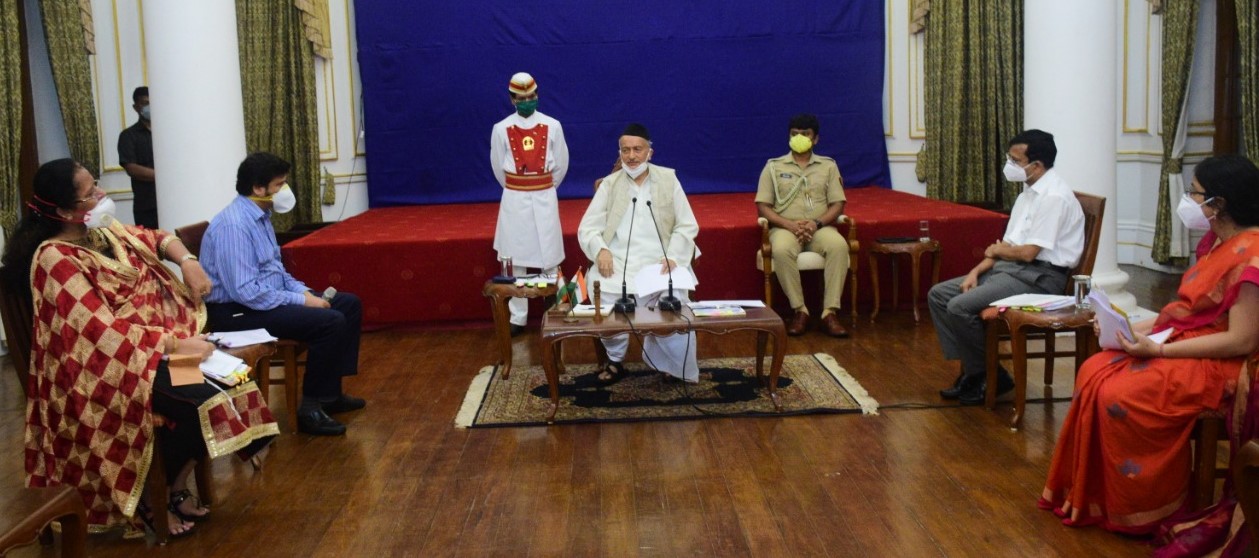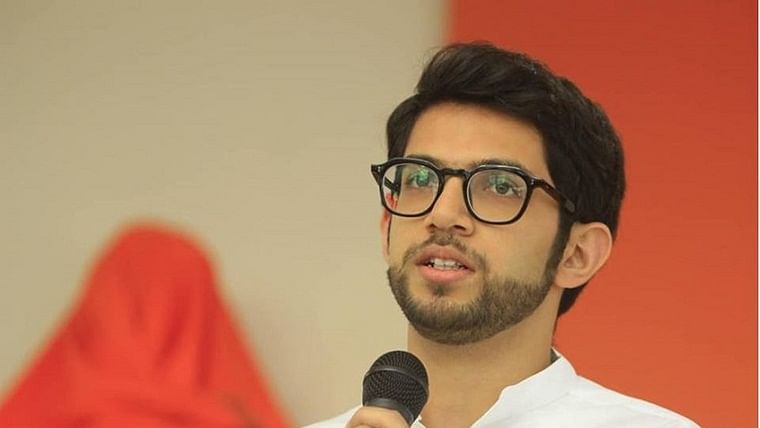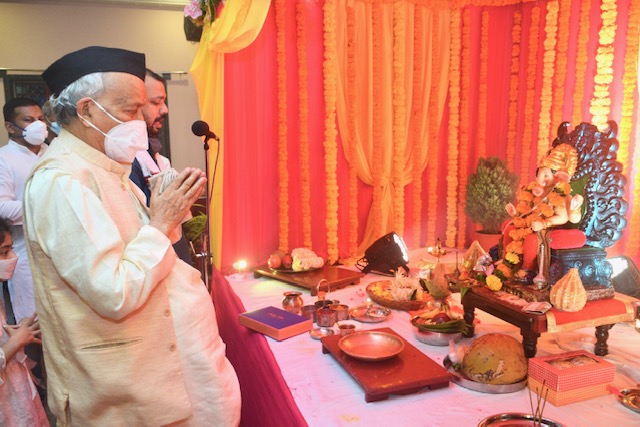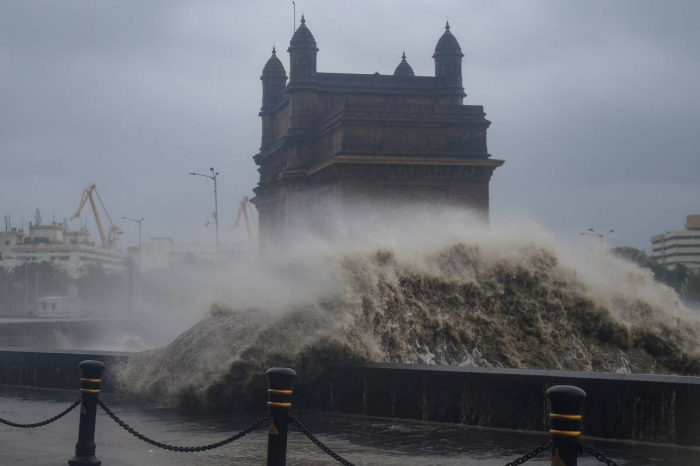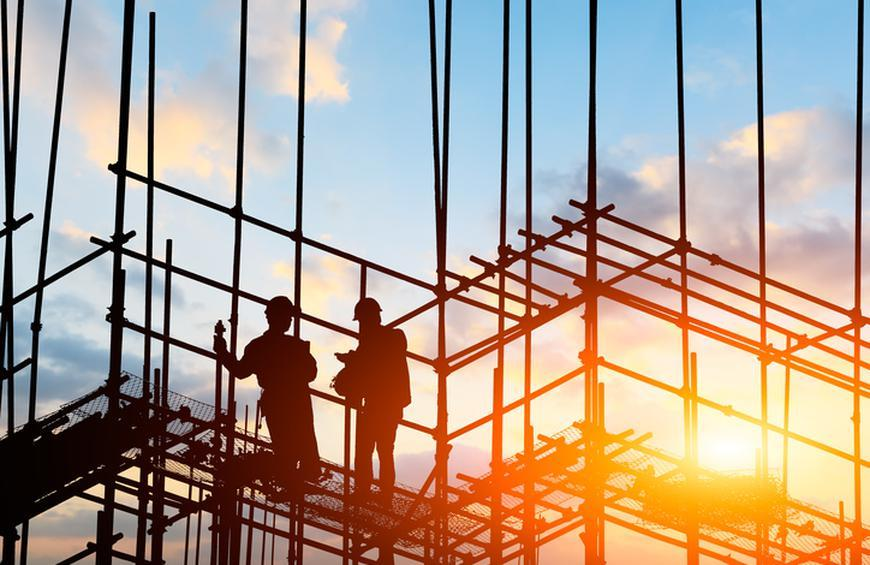It began with one man, a notebook, and a voice that wouldn’t be silenced.
John Barnett, a seasoned quality-control manager at Boeing, spent over 30 years working inside the belly of one of the world’s most powerful aerospace giants. To many, he was a loyal engineer. To Boeing, he eventually became a liability. And to the world, he has become a symbol of what happens when aviation safety is sidelined for speed and profit.
Barnett’s story isn’t one of bitterness—it’s one of principle. He spoke up about dangerous oversights he witnessed during the production of the 787 Dreamliner. According to his accounts, metal shavings were left near sensitive flight-control wiring. Oxygen masks, which could mean the difference between life and death at 30,000 feet, were failing quality checks—one in four didn’t function.
Though his claims prompted an FAA investigation that ordered Boeing to fix several problems, it wasn’t enough. The internal pressure mounted, and Barnett, isolated and demoted, retired in 2017. He then took his case to federal authorities. But years of fighting a silent system took their toll. In March 2024, just after testifying in his whistle-blower lawsuit, Barnett was found dead in his truck outside a hotel in Charleston. The death was ruled a suicide. He left behind a haunting note: “I pray Boeing pays.”
In the months that followed, his family filed a wrongful death lawsuit. And then, in a chilling twist, one of the very Boeing 787 aircraft models he had warned about crashed in Ahmedabad, India. The warnings he voiced, the distress he endured, and the loss his family suffered were suddenly thrown back into the spotlight.
But the issue of safety doesn’t stop with one man or one manufacturer. Thousands of miles away, another voice emerged—this time from the sunbaked tarmac of Dubai.
Abhiram Singh, an aircraft technician working for Emirates, had a blunt message about the difference in maintenance standards between India and the UAE. “In India,” he said, “aircraft get just one round of checks at base. Here, we do three to four per aircraft. And back home, sometimes the engineers don’t even show up.”
It’s a grim reality. According to a recent report, by March 2025, over 130 aircraft in India—about 16% of the country’s entire fleet—had been grounded. Go First was forced to sideline nearly half of its aircraft in the previous year due to engine issues. IndiGo, India’s largest airline, had between 60 to 70 planes grounded at the start of 2025.
The reasons? A deadly mix of engine failures, broken supply chains, staff shortages, and weak inspection routines. Despite India’s ambitious goal to grow its aircraft maintenance industry to \$4 billion by 2031, it still holds just a sliver—1%—of the global market.
This isn’t just about grounded planes or delayed flights. It’s about lives at risk in the sky. It’s about engineers overworked or undertrained. It’s about passengers boarding aircraft without knowing if the systems beneath them were thoroughly checked.
And it’s also about what we choose to value in aviation—efficiency or safety. Regulation or responsibility. Silence or speaking up.
If there’s anything to learn from the stories of John Barnett and Abhiram Singh, it’s that airplanes don’t fall from the sky out of nowhere. Warning signs are often there—written in reports, buried in ignored emails, whispered by people who tried to make things right.
The world’s fastest-growing aviation markets, like India, stand at a crossroads. More aircraft are being ordered, more airports are being built, and the skies are getting busier. But unless we match that growth with rigorous maintenance, ethical leadership, and space for honest voices, we risk building an empire of speed on the fragile wings of negligence.
John Barnett tried to tell us that. The question now is—are we finally ready to listen?

Surjitt Sahani

